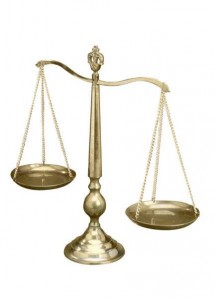 Every professional experiences the moment when what they know is questioned. By implication, this moment also questions their value. That is, if they know something and are convincing to others, the professional is perceived to be valuable. On the other hand, if they do not know an important point or are unconvincing about what they do know, the professional is valued less (or not at all).
Every professional experiences the moment when what they know is questioned. By implication, this moment also questions their value. That is, if they know something and are convincing to others, the professional is perceived to be valuable. On the other hand, if they do not know an important point or are unconvincing about what they do know, the professional is valued less (or not at all).
It is the way of the world, at least in knowledge positions within today’s economy.
There is another side, of course. Some people are completely convincing without the knowledge or experience to support what they advocate. Their self-confidence radiates within a room and casts a spell. People agree with this kind of person implicitly and are willing to follow him or her. Later, it may be clear that their confidence was misplaced. Then, a sense of betrayal replaces the false confidence. Convincing, yes, but (in the long term) they are not credible.
Competitive intelligence professionals routinely deal with knowledge. There are facts about the competitive environment, advanced data collection tools, powerful analytical models and insightful interviewing approaches. Awash with information, a competitive intelligence project usually ends with some type of report or presentation. Then, the facts, interpretations and recommendations are displayed for a sometimes-skeptical senior management audience. Attitudes of “convince me” and “prove it” often challenge the competitive intelligence professional’s performance and credibility. The obvious temptation is to emphasize expertise and exclude doubts, right? After all, is not humility a sign of weakness?
Unsurprisingly, there should be a balance between honest humility and expressed expertise. This balance is not contrived. Rather, it reflects what is true for most people. That is, the more that we know, the more we realize that we do not know. Put another way, whatever we know today, it will not be enough for tomorrow. Hence, we need a way to live with ourselves while delivering valuable services to others. We need to be able to explain what we do not know with as much credibility as we covey our certainties. (See my article on “The Right Answer to the Trap Question” for one approach.)
How do we do that? Here are seven guidelines that I use to balance my expertise and my humility.
Read the rest of this entry

 Congratulations!
Congratulations!